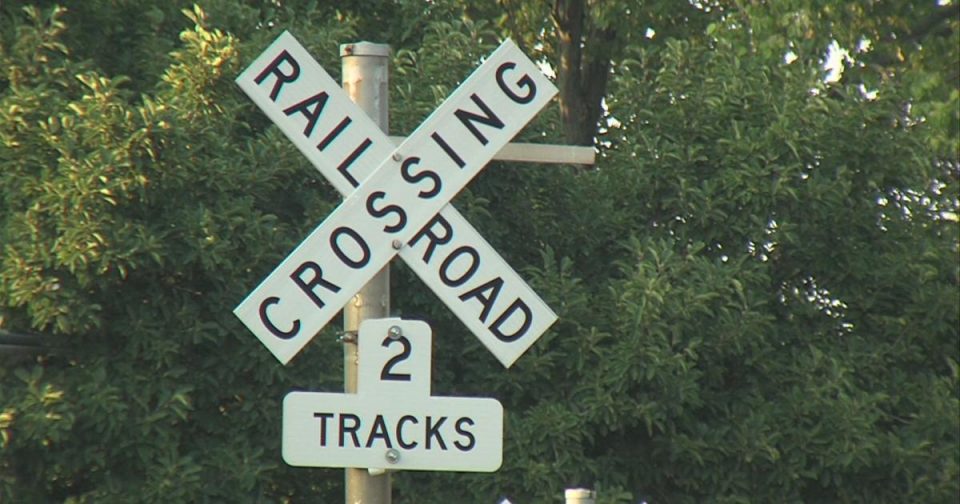TERRE HAUTE, Ind. (WTHI) – After 20 hours of negotiations and discussions, a major railway crisis in the United States has been prevented.
This comes after rail companies and union groups reached a tentative deal on Thursday. The deal includes a 24% wage increase and $5,000 bonuses. It also allows workers more flexible time-off policies.
Experts say if this agreement didn’t happen, it could’ve been disastrous for the US economy. Some say it would’ve cost up to $2 billion dollars a day in lost productivity.
Despite there being no threat of a rail strike this week, the threat has not gone away entirely.
The deal still needs to be approved by union members before it can go into effect.
While the nation can breathe a sigh of relief, for now, it doesn’t mean we shouldn’t be ready for when that day comes, especially during a time of ongoing supply chain shortages.
“It just keeps dragging on and on,” Scott Isles, the president of B&B Foods in Terre Haute, said.
As a food distributor serving hundreds of customers, having a fully-stocked inventory is a must! But lately, he’s had to be creative to make this happen.
“We started looking at duplicate products that we can carry, maybe from a different supplier, just so we have inventory for our customers,” he said.
But the supply chain shortages we are seeing now don’t even compare to what we could’ve seen with a nationwide rail strike.
Experts say the rail strikes would’ve made supply chain shortages significantly worse and more costly. On top of that, they say it would have cost up to $2 billion dollars a day in lost productivity.
However, a tentative agreement among rail companies and union groups alleviates those fears, for now. But even with the agreement in place, Isles says the supply chain shortages are still very much here.
“There is no fix right now,” he said. “There is no end to it and [I don’t know] when it’s going to get better.”
To combat these issues, Isles is stocking up even more, like with canned fruit that he gets through a freight transport from California.
“In that product category, I keep a couple of months of inventory in stock,” he said. “If there was a stoppage that lasted more than two or three months, it wouldn’t affect us, because we have enough carryover inventory.”
Luckily, Isles doesn’t rely as heavily on trains for the transportation of goods, instead, he relies on transportation from the trucking industry. And despite this unpredictable time, Isles says he is not fearful of a rail strike impacting his business.
But he has advice for other business owners during this time.
“I would just make sure you cover yourself and have plenty of inventory [options],” he said,
Now the details of the tentative rail strike agreement are still being reviewed. If it is not accepted, this will only add to the supply chain shortages. We may not know for the next few weeks.


